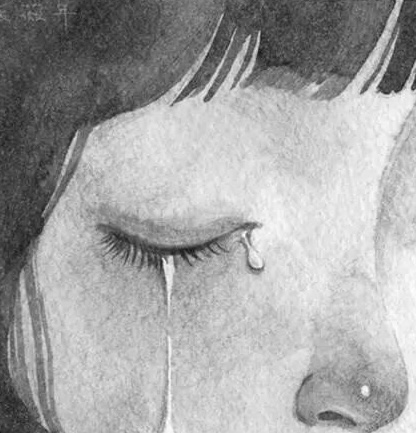Today, I’ve been thinking a lot about the way many parents interact with their children, particularly when it comes to yelling. It seems that in today’s fast-paced world, where stress and pressure are constant companions, many parents find themselves raising their voices more than they’d like. But what impact is this having on the children who are on the receiving end?
Yelling, in many households, has become almost a reflex—a quick way to assert authority or express frustration. Parents might not even realize how often they resort to it or how it’s affecting their children. But when I think about it, yelling doesn’t just serve as a means of communication; it carries with it a lot of emotion—anger, disappointment, and sometimes even fear. These emotions can be overwhelming for a child to process, especially when they’re still trying to understand their own feelings.
The truth is, yelling can be incredibly damaging. It doesn’t just frighten children; it can make them feel small, helpless, and unloved. When a parent yells, it can feel to a child like an attack on their very being, rather than just a reaction to a specific behavior. Over time, this can erode a child’s self-esteem and sense of security, leading to feelings of anxiety or resentment. Instead of learning from their mistakes, children might start to associate their worth with how often they are yelled at, which is a heartbreaking reality.
I also think about how yelling can create a cycle of negativity within a family. When a parent yells, the immediate reaction might be compliance or silence from the child, but that doesn’t mean the underlying issue has been resolved. Instead, it might lead to more acting out, either as a cry for attention or as a form of rebellion. The parent, in turn, might respond with more yelling, and the cycle continues, leaving both the parent and the child feeling frustrated and disconnected.
What’s particularly sad is that, in many cases, yelling doesn’t stem from the child’s behavior alone. It’s often a reflection of the parent’s own stress, exhaustion, or feelings of being overwhelmed. But while these feelings are valid, it’s unfair for children to bear the brunt of them. They’re still learning and growing, and they need guidance and patience, not fear and frustration.
I believe that if parents could take a step back and recognize the impact of their yelling, they might find more constructive ways to address issues. Children respond far better to calm, consistent discipline than they do to raised voices. When a parent approaches a situation with empathy and understanding, rather than anger, it not only helps the child to feel safe and loved, but it also teaches them how to handle conflicts in a healthy way.
In the end, I think we all need to remember that children are incredibly perceptive and sensitive. They’re shaped by the environment in which they grow up, and constant yelling can leave deep emotional scars. It’s important for parents to be mindful of their tone and approach, remembering that their words have a lasting impact on their children’s hearts and minds. By choosing to communicate with kindness and patience, parents can help their children grow into confident, emotionally healthy individuals who know how to handle challenges without resorting to anger.




































